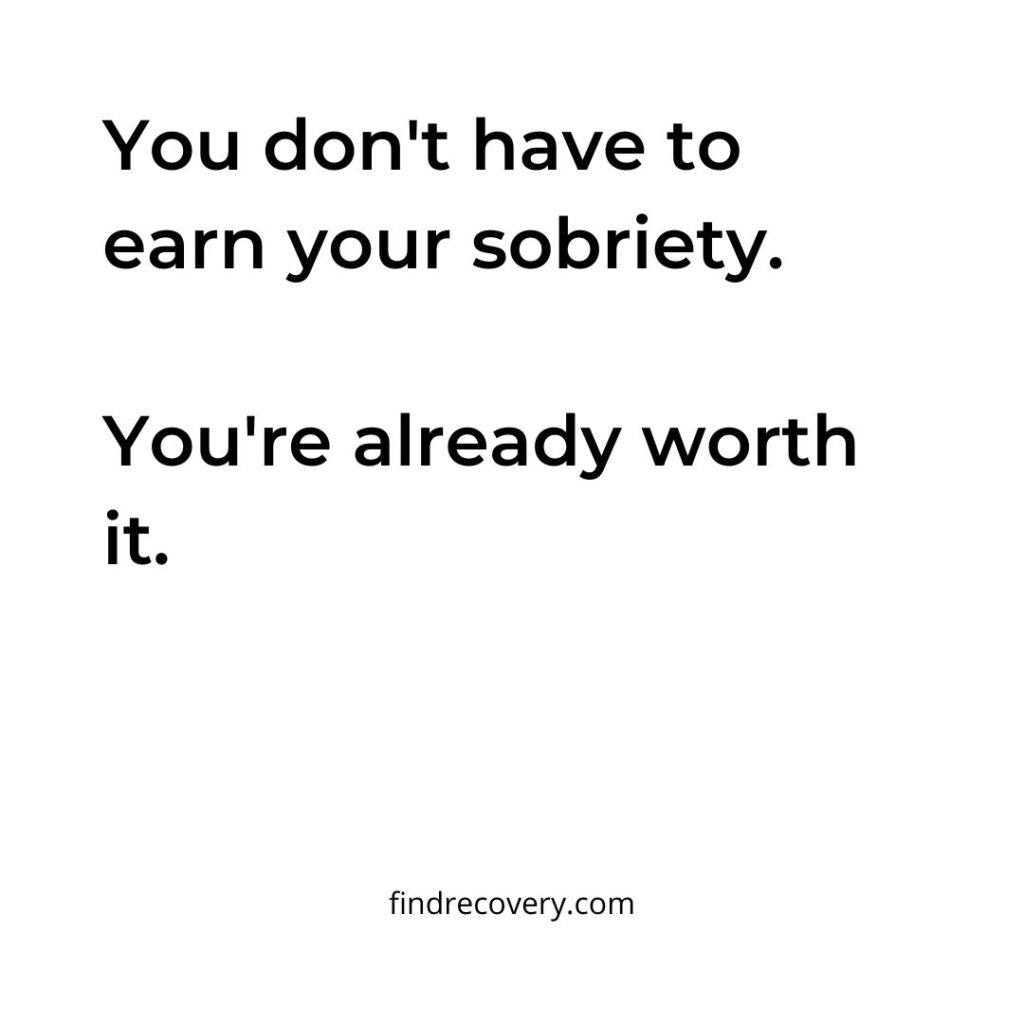Motivation is one of the most reliable predictors of treatment outcomes — and losing it can put your addiction recovery in jeopardy. Negative thinking will sap your confidence and warp how you view yourself and what you have already accomplished. One of the most reliable ways to overcome negativity and maintain your commitment to your drug-free journey is to look outside of yourself and seek service and mindfulness in recovery.
The benefits of service and mindfulness

At first, it might appear counterintuitive that assisting and serving others can make you feel better, but altruism is proven to do exactly that. Numerous studies have shown that volunteering increases satisfaction; lowers feelings of stress, anger, and anxiety; and boosts confidence.
Regardless of whether you know the people you are helping (or if you’re interacting directly with people at all), even small moments of connection encourage staying in the present and having a greater appreciation of interactions with others. This goes hand-in-hand with mindfulness — the benefits of which can improve your own emotional awareness of satisfaction in your addiction recovery journey.
Moreover, serving others can create a sense of purpose. Having purpose goes hand-in-hand with growth. It can provide new meaning to your life and a new direction, keeping you mentally stimulated and excited to wake up in the morning.
How to find purpose through service
It’s not hard to find people in need of help or worthy causes to support. And there’s equally no shortage of ways to find these opportunities to serve — so many, in fact, that it could take years to know what would give you the greatest sense of accomplishment and fulfillment.
When trying to find purpose through service, you’ll want to consider your values (What change do you want to see in the world? Are there any issues that mean a lot to you?) and your strengths (Can your past experiences be helpful in some way?).
Don’t feel intimidated if you don’t already have something you’re passionate about. Just get involved in the community. Eventually, you will realize the ways of service that feel most meaningful to you.
5 ways service helps overcome negative thinking
It’s unrealistic to expect you’ll never have a moment of doubt or disappointment, but mean self-talk, a pessimistic mindset, and focusing on your mistakes can be a serious detriment to your recovery journey. Instead of focusing your energy on avoiding these types of negative thoughts altogether, it’s more helpful to know how to deal with them. Serving others can impart the skills and strategies that make it easier to overcome negative thoughts.
- Reframe negative thoughts
When negative thoughts arise, challenge yourself to consider them from a different perspective — like playing devil’s advocate but in favor of yourself. If you tend to amplify the negative, make a point to consider the positives of a situation.
- Repeat positive affirmations to yourself
Odds are that you wouldn’t subject someone you were helping to such negativity, so why would you do that to yourself? The words you think and speak are powerful so use this power to uplift yourself, rather than tearing yourself down.
- Supports growing your support network
Having others to lean on during times of hardship can help when motivation is running low. Serving others can foster a sense of connectedness that directly counteracts the isolation that a life ruled by drug addiction creates. This, in turn, can increase your confidence when it comes to establishing your support network and reaching out to friends, family, or like-minded peers like those of Anonymous Anonymous.
- Encourages realistic goals
Ultimately, the goal of volunteering is to do good where you can. It’s understood that one person or group can only do so much and likely can’t solve the root of the problem on their own. Use this same attitude towards approaching your own addiction recovery goals — focusing on what you know is within your ability to control and make a positive impact.
- Focus on gratitude
Easily the most rewarding aspect of serving others is walking away with the satisfaction of knowing that you positively impacted someone else’s life, even if it’s just in a small way. You can replicate these good feelings by making a point to prioritize gratitude in your own life as well. Doing so keeps you grounded and present, and provides an important perspective when dealing with hardship.
- Celebrate progress
When volunteering, it does little to no good to focus on what you’re not doing. It’s much more productive (and gratifying) to instead acknowledge what you are able to accomplish. This is an important lesson that can be carried over to your personal journey to recovery as well. Taking time to celebrate the wins you’ve already had is a worthwhile endeavor no matter how much further is left in your journey.
Sources:
https://www.nami.org/people/how-volunteering-improves-mental-health/